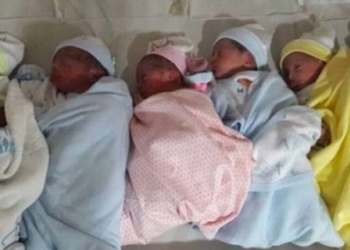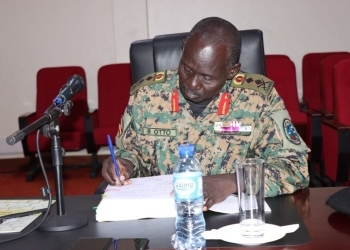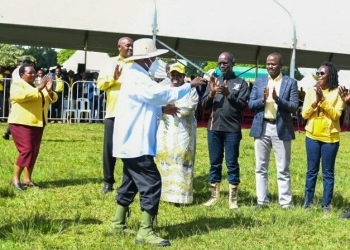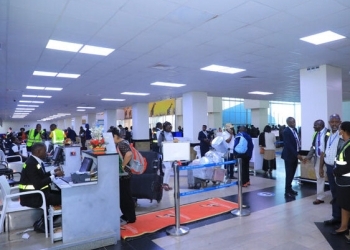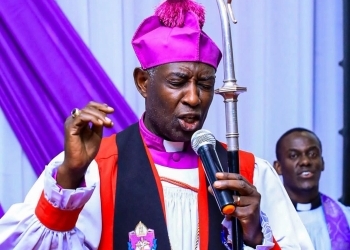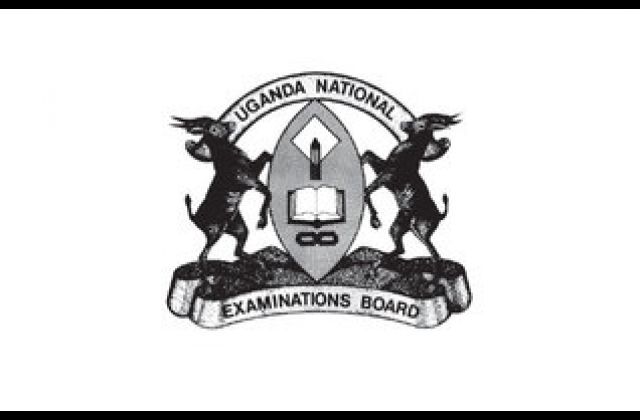
The ministry of education is set to recruit 2,000 science subject teachers in the coming 2017/2018 financial year. The new recruits will be distributed among the 500 schools that are grappling with inadequate human resource, according to Benson Kule, the Commissioner for Secondary Education.
The announcement comes at the backdrop of a poor performance of science subjects across the country. The 2016 Uganda Certificate of Education results that were released today indicate that only 45 percent candidates reached the minimum competency level. Physics was recorded as the worst performed subject overall.
Out of 313,950 candidates that sat for physics, only 0.4 percent managed to obtain distinction two (D2), 9.3 percent got credit six (C6) while a majority 31.9 percent managed pass eight (P8). Another 314,110 candidates sat for the chemistry exam with 1.3 percent getting distinction two (D2), 11.4 percent credit six (C6) while 40.1 percent got pass eight (P8).
UNEB Executive Secretary Dan Odongo attributes the poor performance to theoretical teaching of science subjects. He said that the 2016 UCE candidates experienced problems in handling of apparatus during the practical tests as well as making and recording observations and drawing conclusions from observations.
Odongo also noted that tabulation of experimental results and interpretation of results remains a problem for candidates.
UNEB however observed a significant improvement at credit and overall pass level in biology compared to performances in the year 2015. 314,157 candidates sat for the biology paper last year. Out of these, a paltry 0.1 percent obtained distinction two (D2), 16.1 percent got credit six (C6) while 45.1 percent got pass eight (P8).
This is compared to the 2015 results where only 0.3 percent of the 303,458 candidates received a distinction two (D2) in biology. However, despite the slight improvement in biology, Odongo said the percentage pass levels for all science subjects remain low, with almost 55 percent of the candidates unable to exhibit the minimum required competency to be graded.
Education Minister Janet Museveni described the poor performance in sciences as disturbing despite earlier investments to improve the quality of teaching and learning sciences.
Over the last five years, government has constructed 290 science laboratories, supplied schools with 4,791 science apparatus, 5000 chemical kits and 3.9 million text books mainly for mainly science, English and mathematics.
Janet Museveni expressed concern over the utilization of these investments saying that some schools and head teachers choose to keep science laboratories, libraries and books locked up and out of bounds for students. She instructed inspectors of schools to come out hard and stamp out these tendencies in schools.
Museveni also cited a number of science teachers who teach in more schools than they are supposed to teach in a bid to earn more money.
"That is a major problem especially with science teachers, because they are being looked for and being competed for and so, they are moving from one school to another and cannot do a good job in any one school." said Janet Museveni.
Benson Kule, the Commissioner for Secondary Education says that with the provisions, adequate attention has been given to Universal Secondary Education - USE schools.



